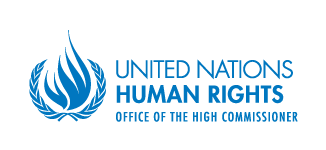Statement on High Commissioner’s Annual Report Remarks on Sri Lanka

United Nation’s High Commissioner Zeid Ra’ad Al Hussein
Ann Hannah, International Advocate and Researcher at Freedom from Torture, said:
“We welcome today’s statement by the UN High Commissioner for Human Rights that “the voices of victims must be heard, free from surveillance and intimidation” if the transitional justice and reconciliation process in Sri Lanka is to be successful.
“Our clients, torture survivors from Sri Lanka, have told us time and again, that that they will only have confidence in a justice process where their evidence can be heard by impartial judges, where the safety and security of witness and their families are secure and they are free from harassment and intimidation. This can only be achieved by the Sri Lankan government fulfilling the commitments it agreed last October at the Human Rights Council, including the participation of international judges in the process.
“Torture survivors want to see a justice process that holds those responsible for their torture to account and moves their country forward towards long-term peace and stability. Accountability and political settlement have to go hand in hand. Without justice survivors are left in limbo, torture continues and efforts at meaningful reconciliation are undermined.”
|
Human Rights Council
|
 This is the central message of transitional justice. If past human rights violations are not adequately addressed, grievances and other issues at the root of the past conflicts will continue to fester, and may even lead to their recurrence.
This is the central message of transitional justice. If past human rights violations are not adequately addressed, grievances and other issues at the root of the past conflicts will continue to fester, and may even lead to their recurrence.